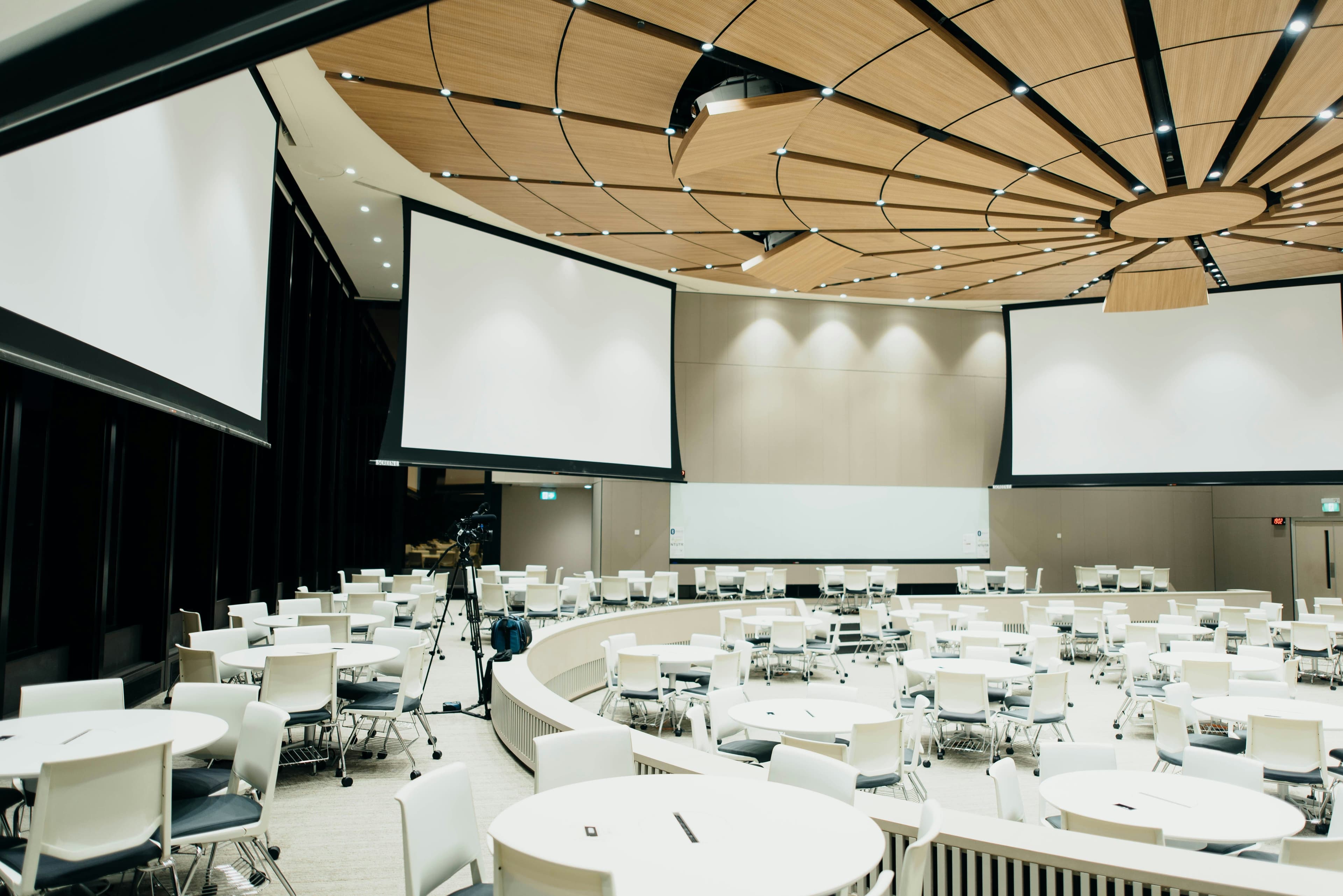Theories of Change for Track 2 Diplomacy

▲ Photo by CHUTTERSNAP on Unsplash
This is a summary of our investigation into track 2 diplomacy
Public discussions about the value of track 2 diplomacy can be vague and unhelpful: “finding common ground” and “shared interests” and “building trust” are mentioned without explaining what this means mechanistically and how it leads to desirable outcomes in government and policy.
This report outlines how track 2 diplomacy can function in reality, and provides philanthropists and government funders guidance for evaluating opportunities to support track 2 diplomatic efforts.
What is it?
When you think about diplomacy, you likely have track 1 diplomacy in mind. These are the official discussions and negotiations that take place between governments. Track 2 diplomacy occurs when non-governmental experts and retired government officials meet for unofficial (or “backchannel”) exchanges.
How can it work?
I outline several related theories of change for track 2 diplomacy, which often overlap:
- It can facilitate information exchange, increase transparency, and build trust, disrupting misperceptions and suspicions;
- It can serve as a “diplomatic subsidy,” encouraging object-level problem solving (discussing technical solutions, best practices, etc.) and making more progress than governments would through official channels alone;
- It can support the development of expert communities (especially important for complex or rapidly changing fields), which can potentially fill government talent pools and inform policy;
- It can mature into or supplement track 1 diplomacy;
- It can help hedge against political change, preserving progress against diplomatic breakdowns or frequent leaderships changes within countries;
- It can raise issue salience for policy stakeholders, creating space for important issues not being addressed by governments;
- It can establish backchannels for crisis communication, increasing the pathways to manage and de-escalate an international crisis.
These theories of change all touch on an overarching model built around the movement of ideas and people through porous and complicated policymaking ecosystems. I have outlined this overall model of how non-state dialogues can influence state-level decision-making in the diagram below:

What to consider
Track 2 dialogues can act as neglected levers on the priorities of multiple governments at once, promoting policy advocacy and influencing government decision making. This makes them a promising philanthropic bet.
What should funders look for?
Issue area choice matters
It is not the case that any discussion – no matter the subject – is useful. The dialogue is more valuable when its topics are more important.
For funders concerned with extreme risks, therefore, it is important to fund dialogues focused specifically on these issues — biosecurity, risks from emerging technologies, nuclear war, etc. Similarly, funders concerned with security and safety will need to take heed to ensure that dialogues on emerging technologies are also focused on these issues.
Convening power and policy transfer matter
Several of these theories of change rely on the ability of the dialogue organizers to get the “right people” in the room, and to transfer ideas and insights to the policy ecosystem. This may lead funders to prefer organizers with pre-existing policy networks and a demonstrated track record of convening high-level meetings.
Funders need to evaluate the mechanisms of policy transfer, so that good ideas and information from track 2 dialogues actually reach relevant audiences on both sides. This is partly a function of inviting the right people, but it can also be aided by hosting policy briefings.
Opportunities with bipartisan convening power may be especially valuable for the U.S. side of track 2 dialogues, to ensure continuity and hedge against political change.
We do not recommend funding track 2 dialogues that are completely disconnected from policymaking processes, as many of the theories of change stipulate at least some link to official channels (via briefings, via observers, etc.).
Minimize the risks
Track 2 dialogues are not risk-free endeavors. Possible risks to each side include:
- Intelligence collection — these channels can be used to collect intelligence on other countries and governments. This may actually be beneficial insofar as it facilitates the swift movement of ideas through the policy ecosystem.
- Disinformation — these channels could be abused by actors seeking to spread false information, e.g., the exaggeration of military capabilities, which may even worsen the very competitive dynamics that track 2 dialogues can alleviate.
- Other influence operations — See above; historically, some states have attempted to use track 2 dialogues to conduct influence operations on the peace movement.
- Hampering official diplomacy — Conducted poorly, track 2 dialogues can short-circuit track 1 diplomacy and possibly be counterproductive.
There are specific actions that dialogue conveners can take to minimize these downsides:
- Briefing participants on the risks — Organizers can make it clear that some of their interlocutors during dialogues have multiple roles and may communicate all information to their respective governments.
- Post-Dialogue “Hotwashing” — Organizers can debrief participants after discussions, explain best-practices about what to believe and not believe, and confer on possible false or exaggerated claims.
- Keeping governments informed — To avoid short-circuiting track 1 diplomacy, organizers ought to keep relevant governments informed of their activities.
- High epistemic standards — Funders can screen organizers for high epistemic standards and the ability to not fall for false or exaggerated claims.
- Avoiding high-risk topics — Organizers can demarcate certain topics as “off-limits”, e.g. because they involve information hazards or might inadvertently transfer powerful capabilities.
- Demanding evidence — When claims are made about specific capabilities or other facts about the world, organizers can demand evidence, or can note in policy briefings that certain claims were made without corroborating evidence.
Read more about the track 2 theories of change in the full report.